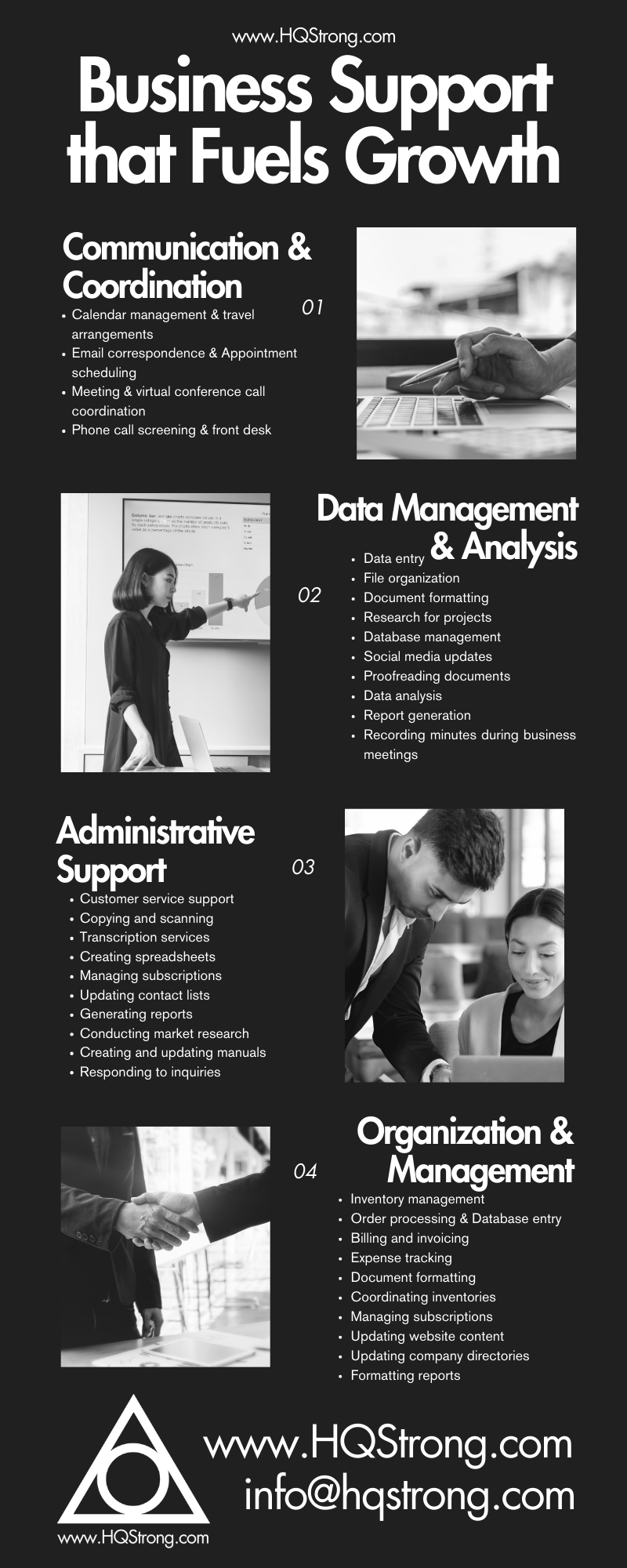5 Classic Books on Business Management
- GB

- Jan 2, 2024
- 2 min read
1. "The Effective Executive" by Peter Drucker
Drucker, a management guru, imparts timeless wisdom on effectiveness, time management, and decision-making for executives and leaders.
Key Principles: Prioritizing tasks, focusing on strengths, and making effective decisions are essential for executive effectiveness.
Lessons: Time management, clear objectives, and a focus on results contribute to leadership success.
2. "The 7 Habits of Highly Effective People" by Stephen R. Covey
Covey's book outlines seven principles for personal and professional effectiveness, providing a holistic approach to achieving success.
Key Principles: Covey emphasizes personal responsibility, prioritization, and synergy in achieving effectiveness.
Lessons: Beginning with the end in mind, putting first things first, and seeking mutual benefit foster personal and professional growth.
3. "In Search of Excellence" by Thomas J. Peters and Robert H. Waterman Jr.
Based on a study of successful companies, this book identifies common traits and practices that contribute to excellence in organizational performance.
Key Principles: Excellence in organizations is tied to traits such as a bias for action, closeness to the customer, and a focus on people.
Lessons: Successful companies exhibit cultural attributes that prioritize innovation, customer satisfaction, and employee engagement.
4. "Good to Great" by Jim Collins
Collins explores the factors that distinguish good companies from great ones, drawing on extensive research to identify key principles for sustained success.
Key Principles: Transformational leadership, disciplined people, and a culture of discipline are pivotal for moving from good to great.
Lessons: Companies achieving sustained greatness often display humility, a hedgehog concept, and an ability to confront brutal facts.
5. "The Innovator's Dilemma" by Clayton M. Christensen
Christensen introduces the concept of disruptive innovation and explores how successful companies can fail by not adapting to disruptive changes in their industries.
Key Principles: Disruptive innovation challenges established companies, as they may fail to adapt to radical technological shifts.
Lessons: Companies should balance sustaining innovations with disruptive ones and be agile in responding to industry changes.
Overall Lessons:
Strategic Thinking: Effective leaders need a strategic mindset, understanding both short-term and long-term implications.
Adaptability: Successful organizations and leaders adapt to change, embracing innovation while maintaining core values.
People-Centric Approach: Prioritizing people, whether customers or employees, is integral to organizational success.
These books collectively emphasize the importance of leadership, strategic thinking, adaptability, and a people-centric approach in achieving excellence in various aspects of business and management.





Comments